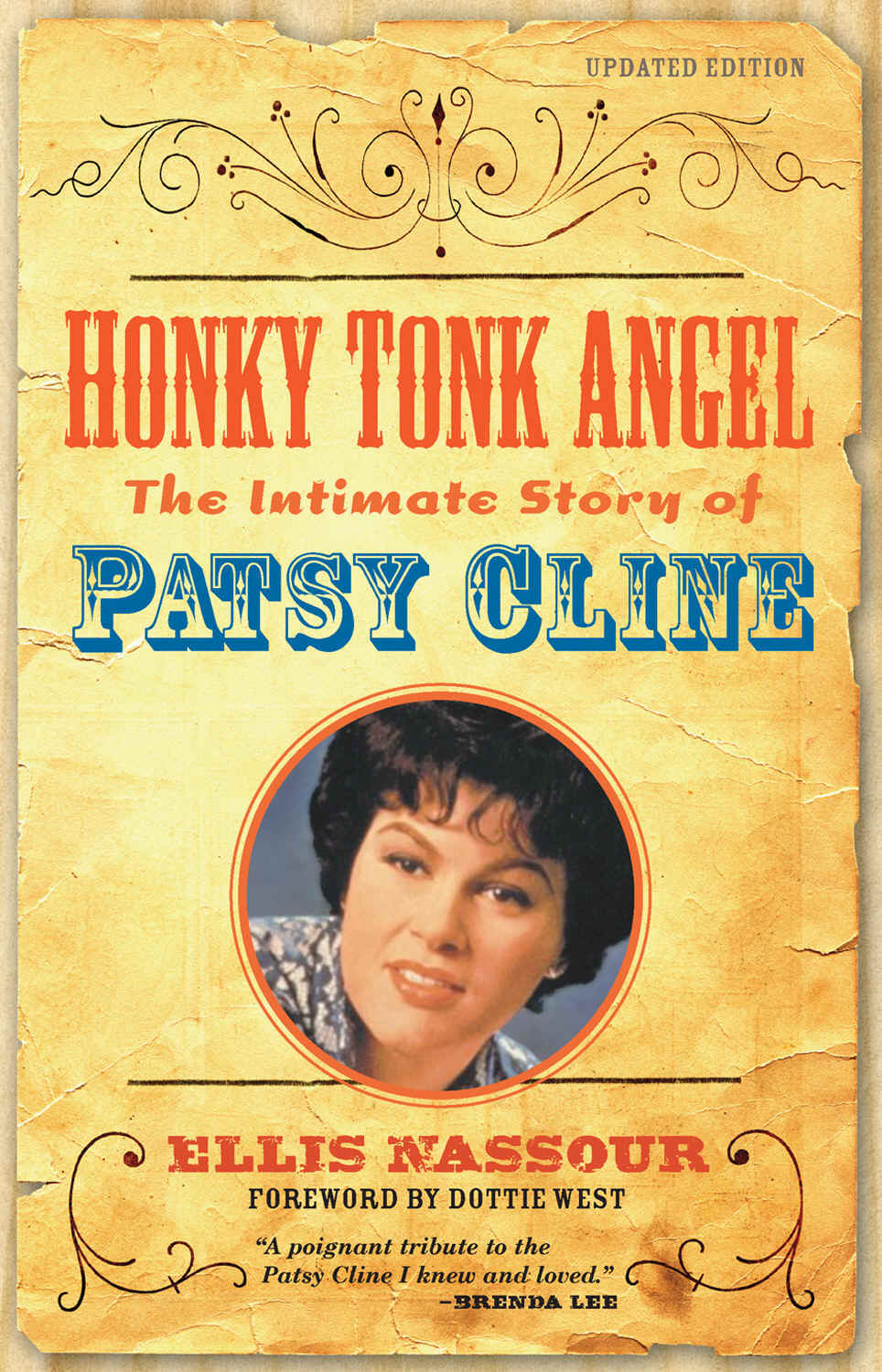
Soon into my cancer care, I somewhat unintentionally started developing small, mundane rituals around my house.
After my first surgery, I had a daily pattern. When I could muster up the energy, I would sit in a warm bath and listen to Patsy Cline. The bathroom was a world away from the rest of my studio apartment where my mom and I were living side by side. Getting into the tub felt like a vacation, and a major accomplishment. My world had become so small, so boring, so comparatively unproductive that taking my Patsy Cline bath everyday felt like a tangible accomplishment.
I typically despise routine, schedules, and predictability. But so many things that I could formerly count on, like having a social life, working, paying bills, were thrown out the window when I became a young adult cancer patient. I wanted just a shred of something I knew I could count on; I needed to become a tame control freak.
During my second treatment, I instituted four hours of alone time each day. I sent my mom packing, unplugged the phone, powered down my computer, and sat on the couch looking out the window. I simply stared at the bare tree branches for four hours each day. My mom probably thought I was totally depressed. But I just needed time to myself. It was my anchor. Everyone around me had places to be at certain times – work, class, dates. I needed a schedule to my day so I wasn’t just floating through the murkiness of unmarked time.
A lot of people I interviewed in Everything Changes had ways that they needed to spend time during and after their cancer. Greg spent long stretches of time alone just working on his boat. HollyAnna loved to go up to the mountains, sit, and watch the water flow down stream over rocks and stones. When Wafa’a lived with her parents, she’d retreat to her room, lit candles, listened to Nina Simone, and read Milan Kundera.
Do you have any little rituals that get you through the hard times? Have you ever felt compulsive about them? Do you do them even during times when you are well?
Read Everything Changes: The Insider’s Guide to Cancer in Your 20s and 30s to learn more about how I coped with staying sane during cancer care.
![]()
![]()
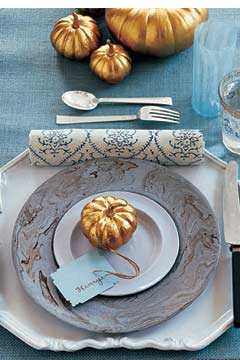
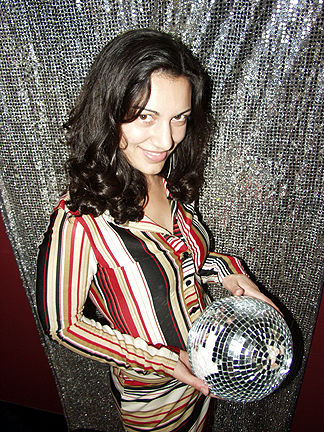
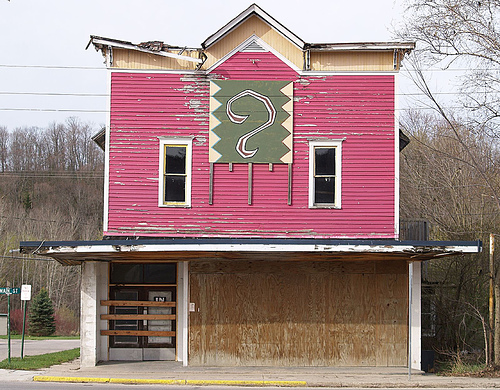

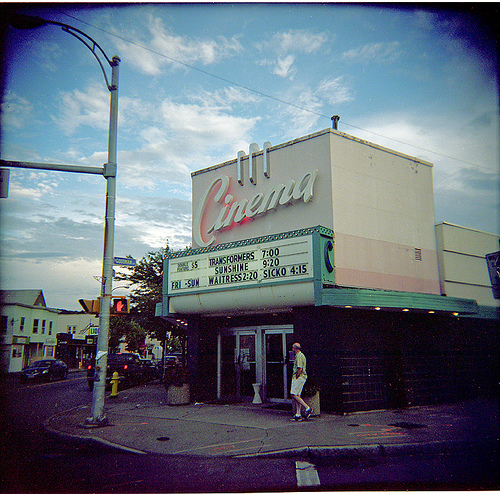



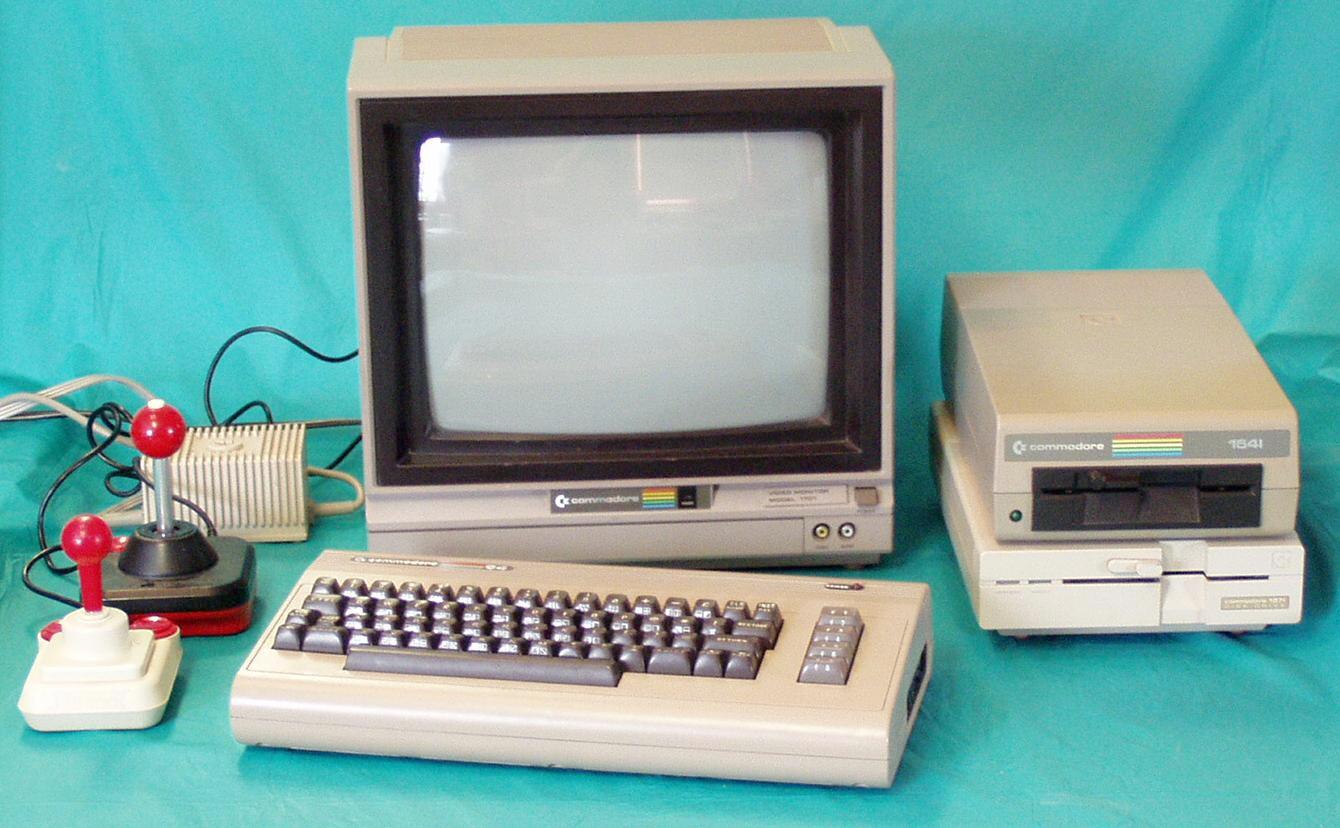
 “Everything Changes is, without doubt, the most forthright, emotionally sophisticated, and plain-old valuable book of its kind I've seen.”
“Everything Changes is, without doubt, the most forthright, emotionally sophisticated, and plain-old valuable book of its kind I've seen.”












